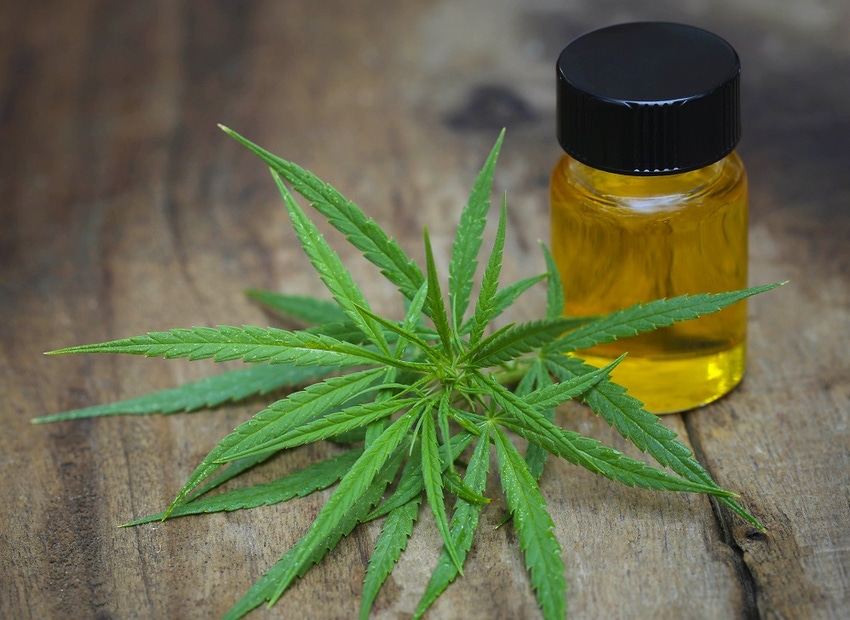Naturally anti-inflammatory
Cannabinoids such as those in marijuana act as anti-inflammatory, analgesic agents and are naturally formed by the body. They seem to be formed especially from omega-3 fatty acids.

It always amazes me how interrelated and symbiotic is nature.
On my mind is recent research by the University of Illinois at Urbana-Chapaign, in which researchers showed cannabinoids such as those in marijuana which act as anti-inflammatory, analgesic agents are naturally formed by the body and seem to be formed especially from omega-3 fatty acids.
The best-known cannabinoid in marijuana -- tetrahydrocannabinol (THC) -- is responsible for some of its psychotropic effects, and it also has the aforementioned anti-inflammatory benefits.
This new study reveals a cascade of endogenous chemical reactions that convert omega-3 fatty acids into cannabinoids with anti-inflammatory benefits and some antiangiogenic effects but no psychotropic effects.
The researchers describe their work in the research abstract as "endogenous production of a previously unknown class of omega-3 PUFA–derived lipid metabolites that originate from the crosstalk between endocannabinoid and cytochrome P450 (CYP) epoxygenase metabolic pathways."
They further explain the omega-3 endocannabinoid epoxides are derived from two common omega-3 fatty acids called docosahexaenoic acid (DHA) and eicosapentaenoic acid (EPA), to form epoxyeicosatetraenoic acid-ethanolamide (EEQ-EA) and epoxydocosapentaenoic acid-ethanolamide (EDP-EA), respectively.
Both EEQ-EAs and EDP-EAs are endogenously present in rat brain and peripheral organs as determined via targeted lipidomics methods, they said.
Researchers added: "Neuroinflammation studies revealed that the terminal epoxides 17,18-EEQ-EA and 19,20-EDP-EA dose-dependently abated proinflammatory IL-6 cytokines while increasing anti-inflammatory IL-10 cytokines, in part through cannabinoid receptor-2 activation. Furthermore the omega-3 endocannabinoid epoxides 17,18-EEQ-EA and 19,20-EDP-EA exerted antiangiogenic effects in human microvascular endothelial cells (HMVEC) and vasodilatory actions on bovine coronary arteries and reciprocally regulated platelet aggregation in washed human platelets."
A University of Illinois researcher explained cannabinoids bind to two types of cannabinoid receptors in the body—one that is found predominantly in the nervous system and one in the immune system.
Besides the potential knowledge we can gain about diet and the importance of increased omega-3 intake for a variety of mammals, the researchers also noted the identification of these pathways and omega-3 derived cannabinoids may aid in the development of therapeutics for neuroinflammatory and cerebrovascular diseases.
The study was published in the Proceedings of the National Academy of Sciences. The summary is at http://tinyurl.com/ybwc25hg.
About the Author(s)
You May Also Like


.png?width=300&auto=webp&quality=80&disable=upscale)
